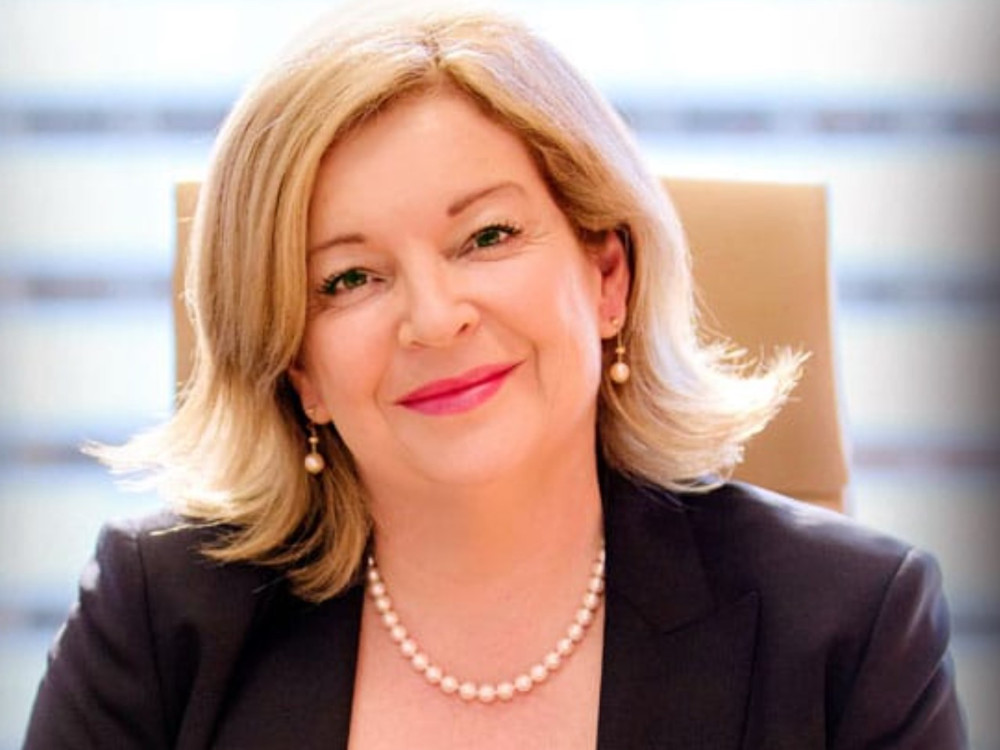Hollywood’s favourite reading-of-the-will plotline typically starts with heirs eagerly awaiting their fair share of family heirlooms, cash and other goodies, only to be foiled by their loved one’s final wishes. Cue the squabbling, lawyers and courtroom drama.
In real life, savvy estate planning and open communication among family members can help mitigate disputes later on. Still, with an estimated $1 trillion in personal wealth being transferred to the next generation of Canadians by 2026 (according to a report by BMO Wealth Management), the nuances between what benefactors and their heirs consider to be fair — versus what’s equal — are not at all straightforward.
“I think equal is a lot easier to define than fair because equal implies that something can be measured and then divided in equal parts. This can be done relatively easily when assets are near liquid, but is very challenging when shares of a family business are involved. Often in these situations equal is not fair and fair is not equal,” says Chris Reichert, a senior advisor and partner with Winnipeg-based Blackwood Family Enterprise Services.
Douglas Byblow, a family office executive formerly with Forthlane Partners in Toronto, agrees that people tend to default to equal when planning inheritances. The challenge with equal, however, is that it may not take into account tax considerations associated with an inherited asset, or heirs’ differing needs, abilities and personal circumstances.
Try to arrive at your own determination of fairness and equality, seek input from multiple parties, take into account the taxes, the children's wishes and other factors.
Jason Heath, Objective Financial Partners Inc.
“Oftentimes, parents will be very hesitant to make a decision that could be perceived as implying a greater amount of love or caring for one family member over another,” Byblow explains. Children often perceive the will as a “final accounting” of their parents’ love for them, so “it’s not surprising that parents often default to inheritance planning that purports to treat all of their children equally from a financial perspective.”
As for fairness, context is crucial, Byblow says. A benefactor should consider each heir’s future needs, abilities and personal circumstances, including any special physical, mental or risk-related needs; whether cash or assets have already been gifted to any of the heirs; an heir’s capacity to manage wealth; any self-destructive behaviours or addictions; risks of third-party claims; and the higher or lower value siblings may attribute to certain assets.
Succession planning for family business
Silence, or lack of communication, is killing business families, says Reichert, quoting Thomas Deans, author of Every Family’s Business: 12 Common Sense Questions to Protect Your Wealth.
“Leaving the kids to ‘figure it out’ after the senior generation is gone is a recipe for disaster. We are currently working with a family where the grandparents (and controlling shareholders) maintained this attitude. Now that the grandparents have passed away, the kids, who are in their sixties, have not been able to figure it out. This is a case where the family came to us post-mortem for mediation services, as opposed to proactive planning services.
“Situations like this are unfortunate, but we feel there’s going to be increased demand, since so many families avoid the topic while the controlling generation is still alive,” Reichert says, adding that a number of estate lawyers and litigators have told him their practices are booming.
A fundamental question to ask is whether heirs even want to be partners together in a business, Reichert suggests. Do they aspire to work and make decisions together as shareholders? Is the family willing to prepare the next generation so they are ready for what this will entail?
“Instructing your lawyer to divide everything equally amongst your kids may seem simple at the time, but it can lead to many unintended consequences in the long term because you could be setting up a structure that the family simply does not want and is not prepared to manage together,” Reichert says. Benefactors “are wise to plan with their family rather than plan for their family. Families achieve much better outcomes when families communicate openly and work together to develop their intergenerational plans.”
Jason Heath, a fee-only, advice-only certified financial planner (CFP) with Objective Financial Partners Inc. in Toronto, suggests that benefactors can in some cases use life insurance policies to try to equalize inheritances where there is a significant illiquid asset, such as a family business, that can’t easily be sold or divided.
He suggests seeking input, not only from the heirs themselves but from multiple parties such as lawyers, tax accountants and insurance agents.
Open communication
- Create a forum for family members to express feelings in advance and hopefully minimize resentment in the future.
- Allow children to express their personal interests and concerns, particularly in circumstances where one child values an asset or opportunity differently than another sibling does.
- Establish communication that sets a precedent for how the family shares questions and concerns. This may actually promote ongoing family harmony and unity.
“My advice is to start with a blank slate. There’s no right or wrong way to divide up your estate,” says Heath. “Try to arrive at your own determination of fairness and equality, seek input from multiple parties, take into account the taxes, the children’s wishes and other factors. The more input an individual can get on their estate plan, the more likely they are to arrive at the right estate plan.”
Please visit here to see information about our standards of journalistic excellence.



